Optimizing the titles of blogs, articles, or websites is essential for increasing traffic and earning revenue through Adsense or affiliates. The most common advice is to limit yourself to one keyword per page to ensure that the content is relevant and to avoid being penalised for keyword overuse. However, adding other related keywords, in addition to modifiers and phrases to make a logical title, could be a way to bring more visitors to your website.
In this piece, we'll go over my own experiences in creating multiple keyword titles.
Keep the title short – one keyword phrase to a page
As a great tip, begin to target specific keywords on separate pages. You can also make use of multiple pages to target related keywords. General landing pages that cater to general or general subjects generally won't work since it is impossible to compete with the most popular keywords by not adding words for titles with a longtail. The most common advice is to keep your title brief (less than 70 characters) and focus on two or three keywords that are extremely appropriate to both the contents and its purpose. It is possible to create longtail keywords that include your main keywords and an assortment of modifiers to create a sensible Title that is understandable to humans and also the test that bots employ to assess your websites.
Avoid keyword stuffing
There's plenty of information about the risks of keyword stuffing, that is, over-using keywords or your keyword within the description, Title, as well as in the body of yours. Google penalizes you for keyword stuffing, even though the threshold of keyword density isn't precisely known. There are many tools to measure keyword use frequency. Keyword Density is measured as the percentage of the times that your query phrase (Keyword or Keyword phrase) occurs as a percent of the total amount of words appearing on a page. A good Keyword Density should not exceed 5.5 percent. However, different websites have their own thresholds for when they impose penalties. It is true that higher Keyword Densities can help boost the page's rankings; however, you shouldn't overdo it.
Your Keyword Density could be increased by repeating your keywords in the following:
- Title tag
- Header tag
- Comment tag
- Body tag
- Anchor tag
- Image tag
- Alt tag
- Domain name and
- Paragraph tag
Another piece of advice for titles is to never use the same keywords in titles more than once.
How Google and other search engines crawl and rank your keywords in the title
It's not understood by many; however, Google, along with other major search engines, will register and rank each individual keyword in your Title and every combination of them, including different order and positions for keywords. There is a predominance for words that contain keywords in the order that they appear in the title, and for the words which appear first, Google will register all the terms and keywords and then calculate rankings for the keywords.
Dilution of the weight of the keywords in the title
Google may also consider longer names as being more likely Spammy (especially extremely lengthy titles). Titles with longer lengths may also appear to be keyword-stuffed. Research has revealed that the first word in the title is the one with the greatest weight. The second one has a little less weight, and the list goes on. If you include more words, you could reduce the weight that is applied to each. When targeting two-word search terms and phrases, it's crucial to keep the keywords in close proximity to one another and in their natural order. Make sure to match the probable order of the words in the search query to the order of the Title.
Use multiple keyword phrases multiply your traffic
If Google gets a rank from all the keywords that appear in your Title by incorporating three or two keywords instead of just one is more likely to draw greater traffic. The number of visitors for each keyword should be a sum and increase. Knowing when this is appropriate and when it's not is the main point of optimizing titles. As we have discussed previously, the value or weight of the keyword is seen to decrease quickly as you progress from the word that you first encountered to the final. Keywords that are more popular appear to diminish the weight that is given to each word. Additionally, there is the crucial issue of relevancy. Your website could be penalized if the words that you employ aren't particularly appropriate to what is on the page. on the page.
The key aspect is competition – only use a single phrase if the competition is high
If there is a significant amount of competition for a particular keyword, it is recommended to just use one word or phrase. Make sure to stick with the keyword that you've discovered through Google Keyword Planner. Google Keyword Planner for use in the Title. You are aware of the statistics and the competition for that specific phrase, so it's not wise to play around with it. There are a variety of tools that can be utilized to determine the amount of how much competition is expected for the phrase and the likelihood of traffic. This Keyword Research tool shows how minor changes in the keyword can drastically impact traffic and competition.
If competition is fierce, it is important to keep the quality of your website and the Title in order to stand out. The addition of additional phrases can reduce the importance of the keyword. You'll be competing with websites that will be heavily targeted towards that keyword as well. It is possible to lose the fight in the event that you don't have a specific, highly targeted headline for the phrase.
If there is moderate competition enrich your title with more keywords
For moderate competition, there are several ways you can go to use multiple keywords in the title.
1. Use two or more Modifiers
The way to ensure that you don't duplicate the same keyword is to include one or two additional modifications or words. When you examine the keyword phrases that compete with each other as displayed through Google's Google Keyword Tool, you will often see that two phrases appear promising, and both include the keyword or phrase that is primary.
[action word 1 keyword] + [keyword action word 2] = [action word 1 keyword action word 2]
Let's say, for example, you're looking for the Title of your keyword for your article on Green Tea health benefits, and you'd like to make use of a longtail keyword that narrows the search to only extracts. The best solution is
- Health Benefits of Green Tea Extracts
This is a title for four words
- Benefits of Green
- Health Benefits of Green Tea
- Green Tea Extracts
- Health Benefits of Green Tea Extracts
Another illustration is a title that talks about Professional Make-up Artists.
Reviews of Professional Make-up Artists + Make-up Artist Portfolios = Reviews of Professional Make-up Artist Portfolios
This gives the Title four words in one:
- Reviews of Professional Make-up Artists
- Make-up Artist Portfolios
- Professional make-up artist portfolios
- Reviews of Professional Make-up Artist Portfolios
In both instances, this simple method can be used to create an appealing and brief title that can be enhanced by optimizing for more than one keyword and narrowing your target readers. Perhaps your post is about portfolios and how to locate and review makeup artists, and this Title is designed to target the keywords you want to target. Of course, it's difficult to come across words that are similar to these, and the Title demonstrates that design for titles is a true art. These examples also demonstrate you can make use of actions, keywords, and modifier phrases to reach buyers who are willing to buy and help you achieve the goal of your website.
2. Long tail action based keyword choices
Longtail titles with action words are typically more effective since action-oriented queries typically attract customers who have already pulled their credit cards out and are eager to discover what they are looking for and purchase it. If you are focusing on your target audience, you will lose some of your potential customers; however, the people you've narrowed it down to are more likely to purchase.
The purpose of SEO Title optimization is to increase the number of keywords within the Title that potential buyers could utilize when doing a search to reach the audience that is most interested in your product or service.
The most effective strategy is to create your longtail title keyword, not using poorly chosen action words as modifiers; instead, by studying the keywords and action words in order to maximize the benefit.
Combine competitive keyword phrases to enrich the title
A Google Keyword Planner Tool might provide two keywords that are, in essence, related to the same subject. Consider, for example, you're trying to promote extracts from green tea using the health advantages they offer, specifically for people struggling with weight loss. Google Keyword Planner Tool shows three competitive phrases. Google Keyword Planner Tool shows three phrases that are highly competitive.
- Green tea's benefits for health
- Green tea extract
- Green tea's health benefits can be used to lose weight
The phrases could be used in ways that keep the structure of each word (with green tea being the first word); however, you must allow all of these phrases to be incorporated into your name.
For instance
- Green Tea Extract: Health Benefits for Weight Loss
The longtail keyword has been optimized to be used for all three competitive terms.
The ideal separator for two phrases
What is the most effective separator to use when you are using several key phrases? It's not a big deal. You can make use of the pipe (|), a colon (:) a dash (-), or a comma (,)
Don't, however, make use of an underscore ( _ ) since search engines do not recognize it as a separator. They have no impact on ranking; however, they can help to make your Title more readable.
Dealing with plurals and synonyms
In certain situations, you might want to broaden the keywords within titles to encompass synonyms, plurals, or other terms related to your topic. For instance, "architect supply," "architectural supplies," and "technical drawing equipment" essentially cover the same subject. It is necessary to create your Title in order to incorporate these variations in the event that you are able to.
Examples: "Architectural supplies: Technical Drawing Equipment for Architects."
One of the risks that can arise from using a single keyword in your page's title is that it could create an over-optimization tendency, even if it's not the intention. It's possible to include that one word throughout your site. If you add variations, it is not likely to happen.
Don’t overdo it!
You must be cautious since adding more keywords may result in each one will result in less and less power. The more you attempt to include keywords that are not relevant to your search, the more unnatural it's likely to appear. For instance, if you make use of the following Title, it will appear in results for search results as
Cheap Coffee | Gourmet Coffee | Ground Gourmet Coffee
Google will not like it since it's interpreted to be keyword stuffing. Customers who are likely to be affected by it as they'll view it as unnatural and are more likely to give them useless promotional materials
It is better to have:
Low Price Ground Gourmet Coffee and Fresh Roasted Bean Suppliers
Which of the two versions is better looking in the results of a search? Which is more likely to be interpreted as deceit and keyword stuffing?
If you've got the keyword "Recycling Information: How And Where To Recycle, you can use it.
What happens if you need to optimize your article for the term "Recycling Tips" as well?
You could create a title like
Recycling Information - Recycling Tips - How and Why Recycling is Better
However, this is definitely keyword stuffing, and Google is likely to penalize it.
The best option is
Recycling Information - Tips, Tricks, and How to Recycle
It is evident that your second recycling tip keyword is in the Title but using the word information between. This is less effective; however, Google will still rank your webpage for the phrase Recycling Information Tips. If you examine the results of a search where the relevant keywords are displayed in bold"bold," you will see that this is often the case when pages are listed higher in the results of a search.






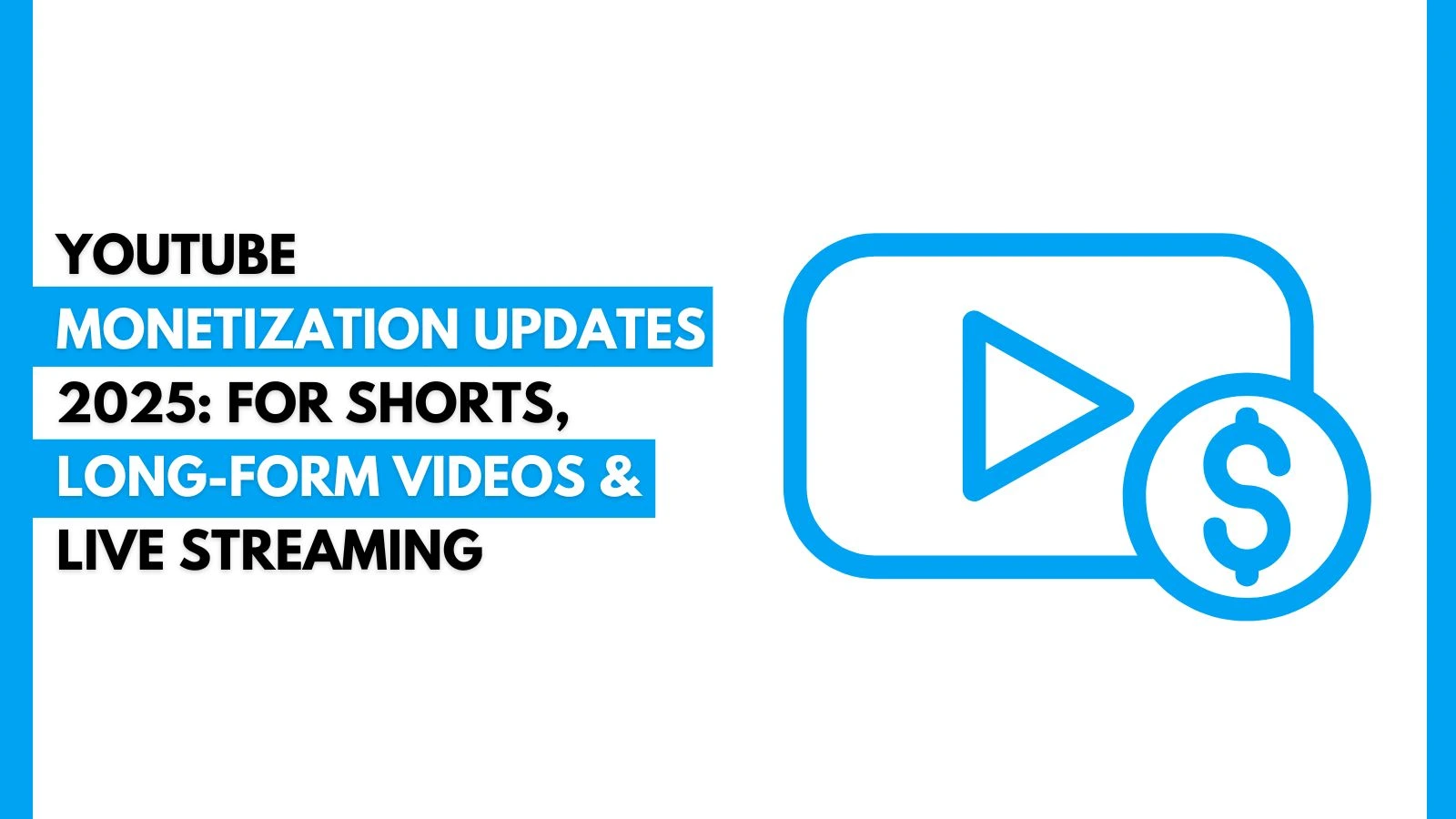
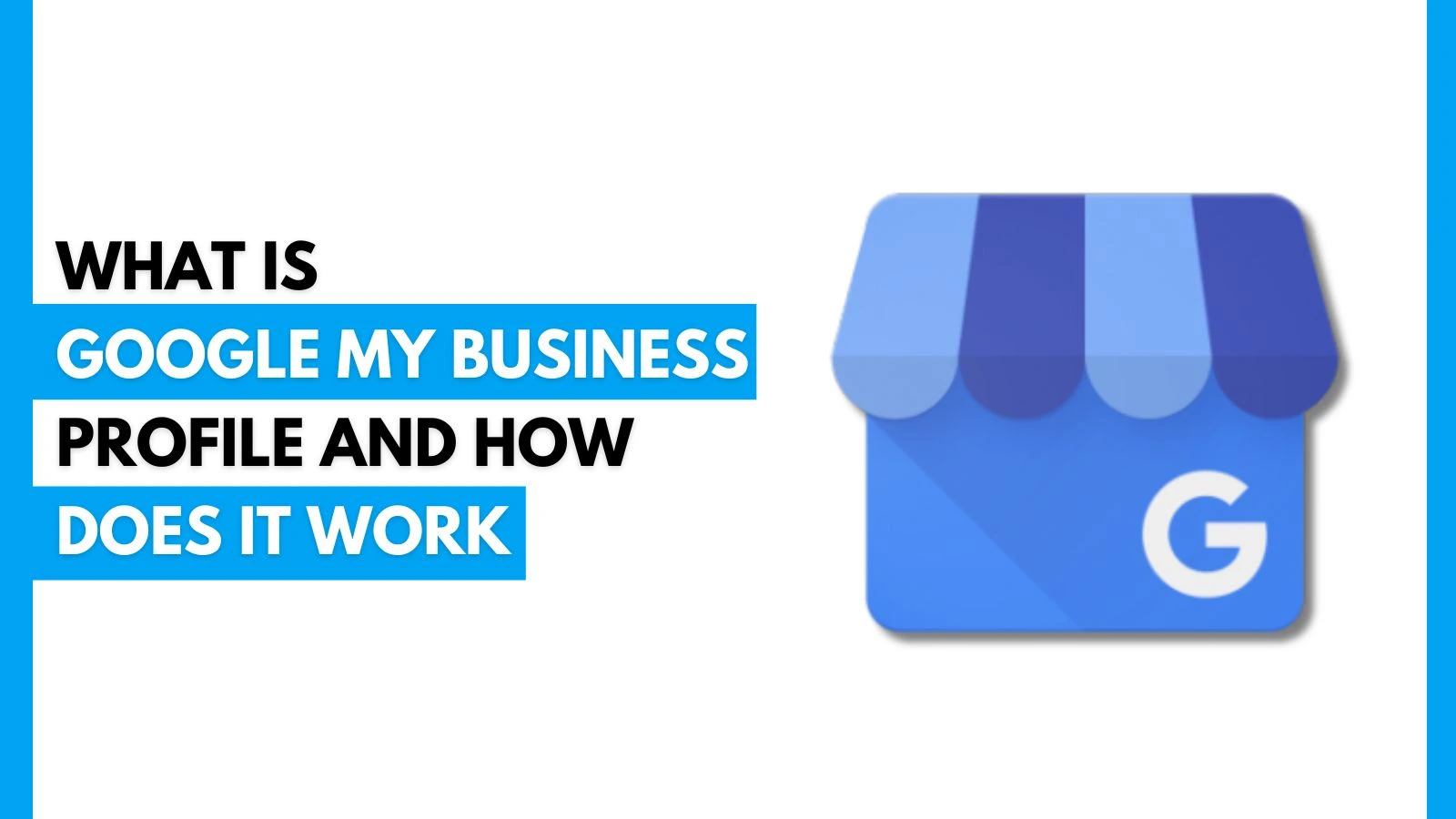
.webp)
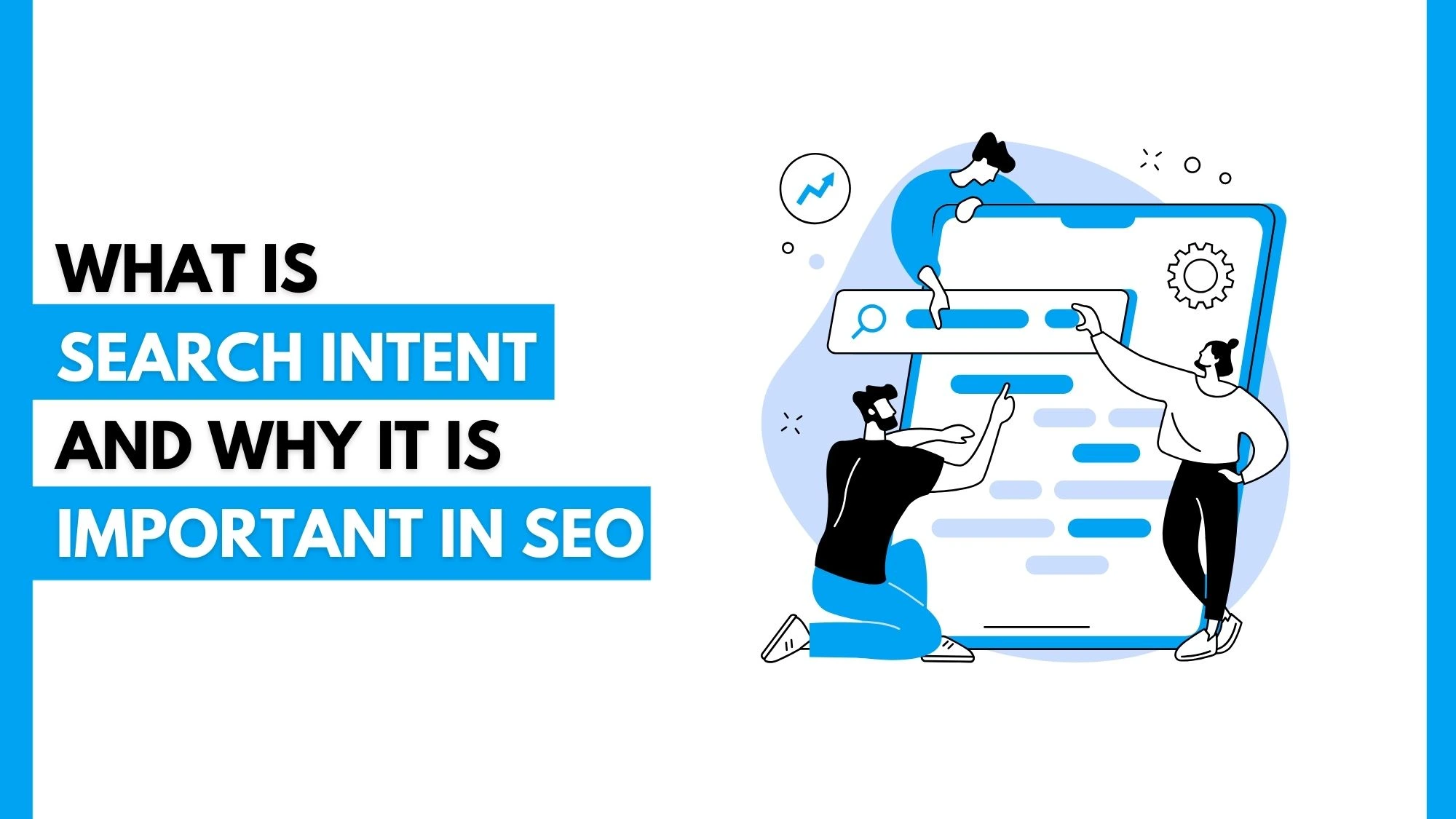



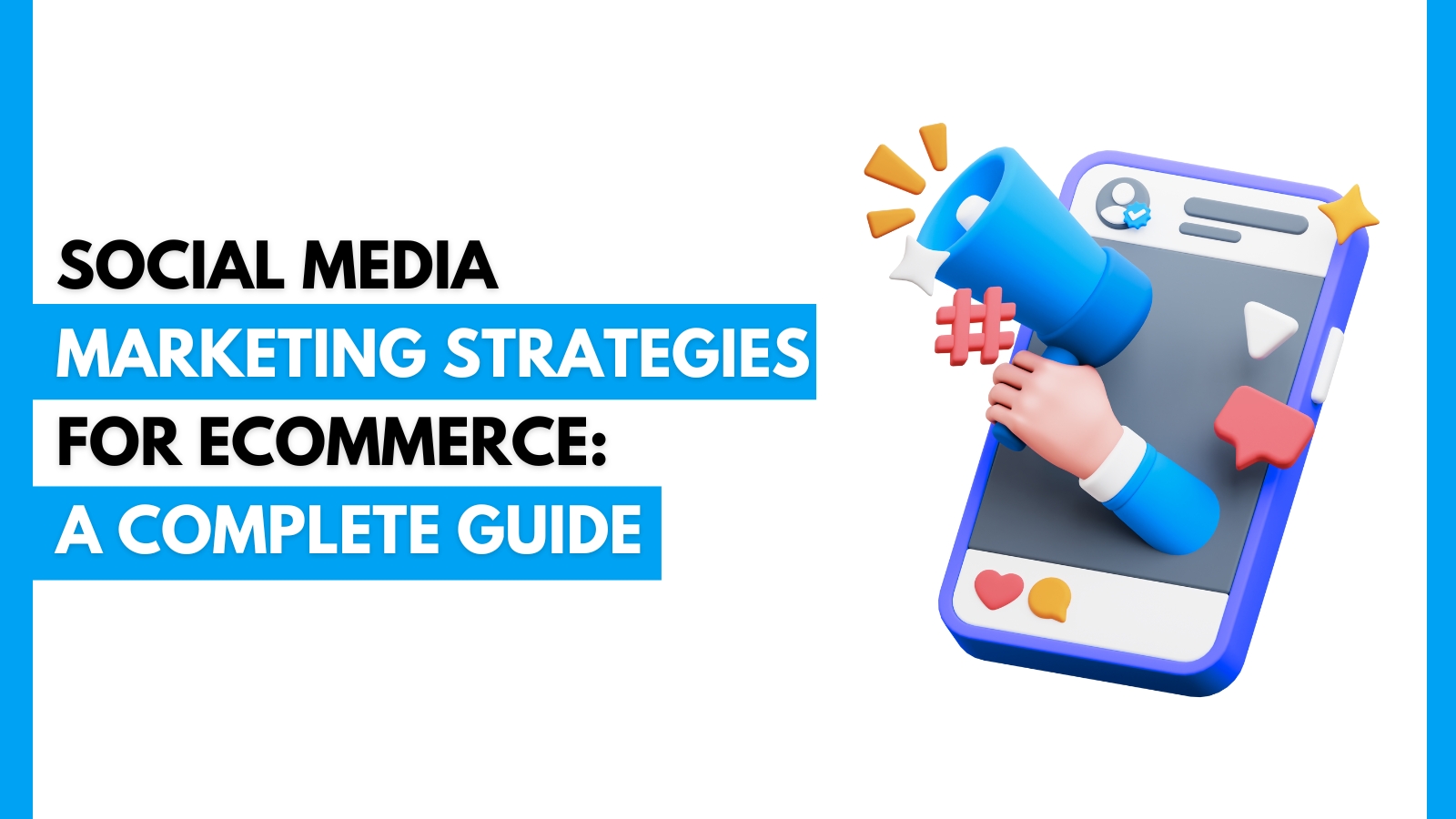

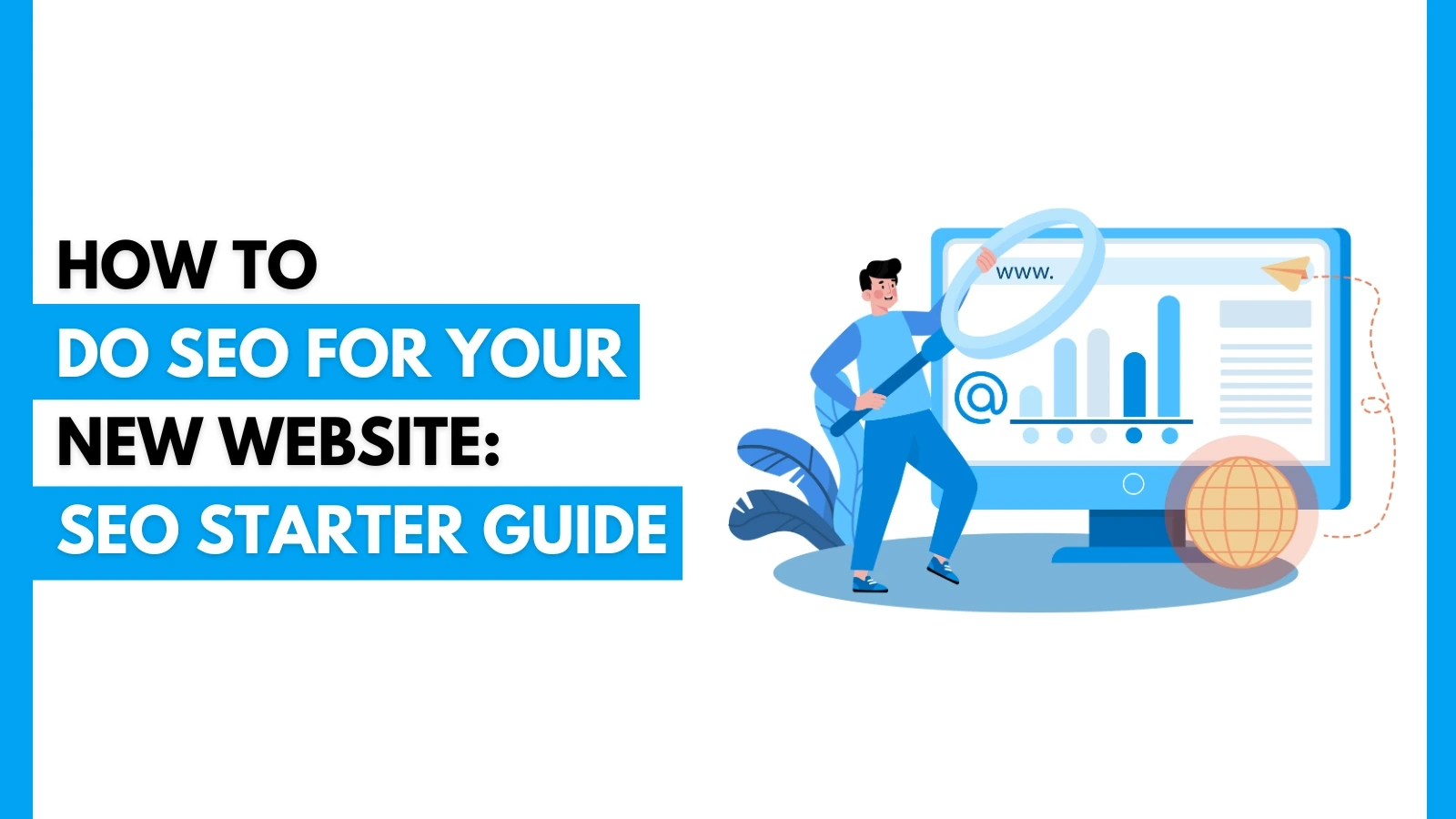
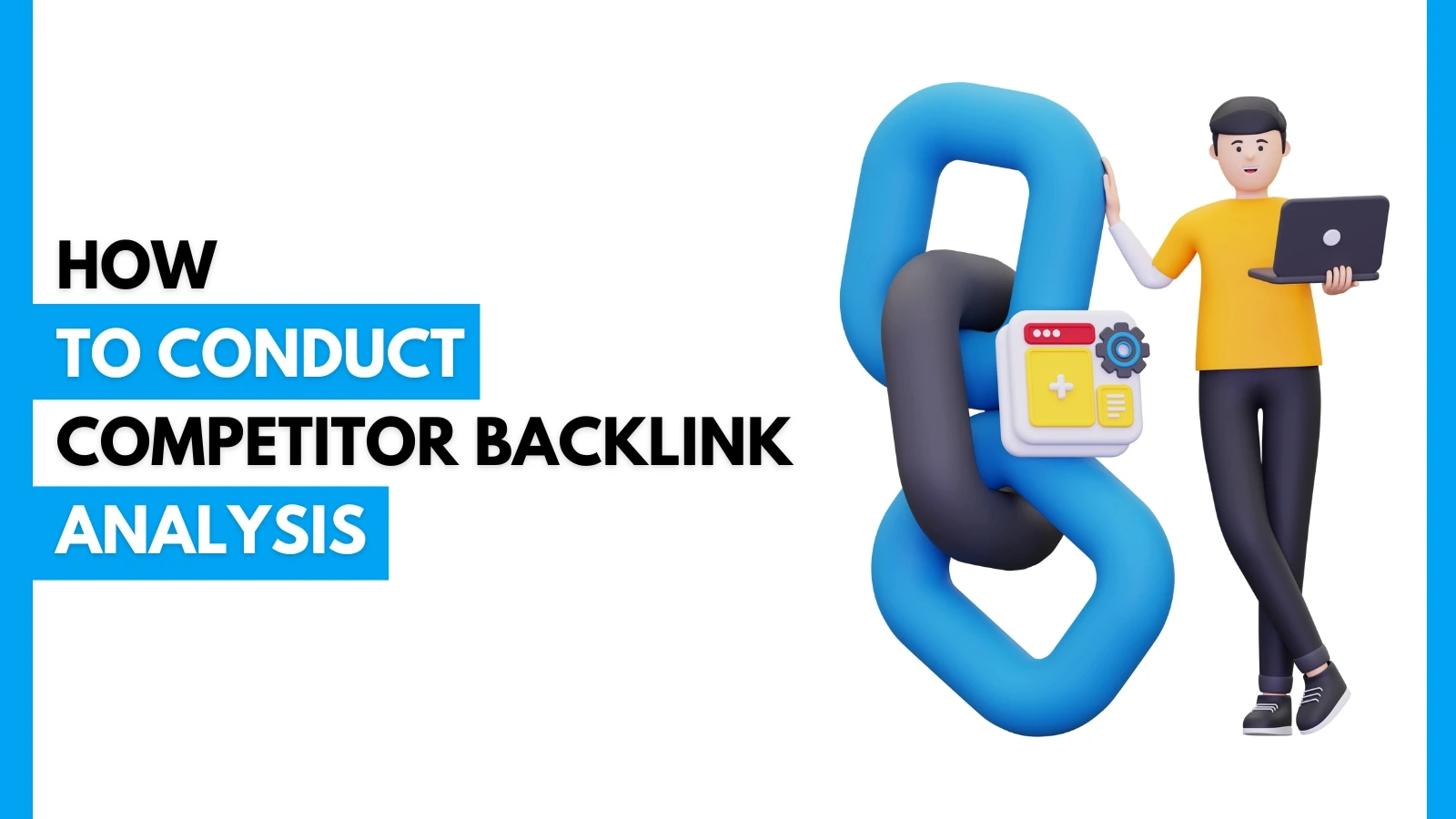
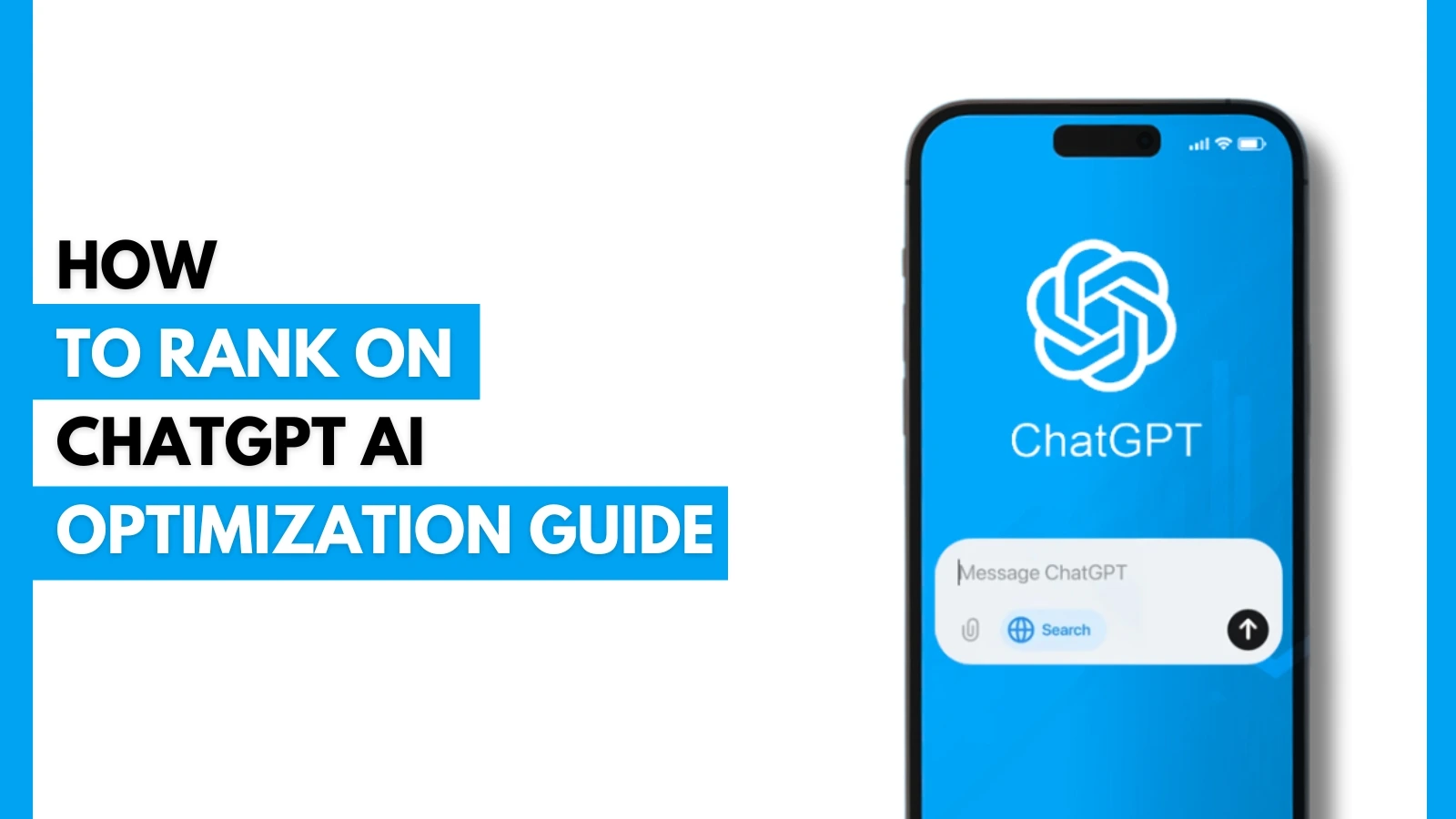


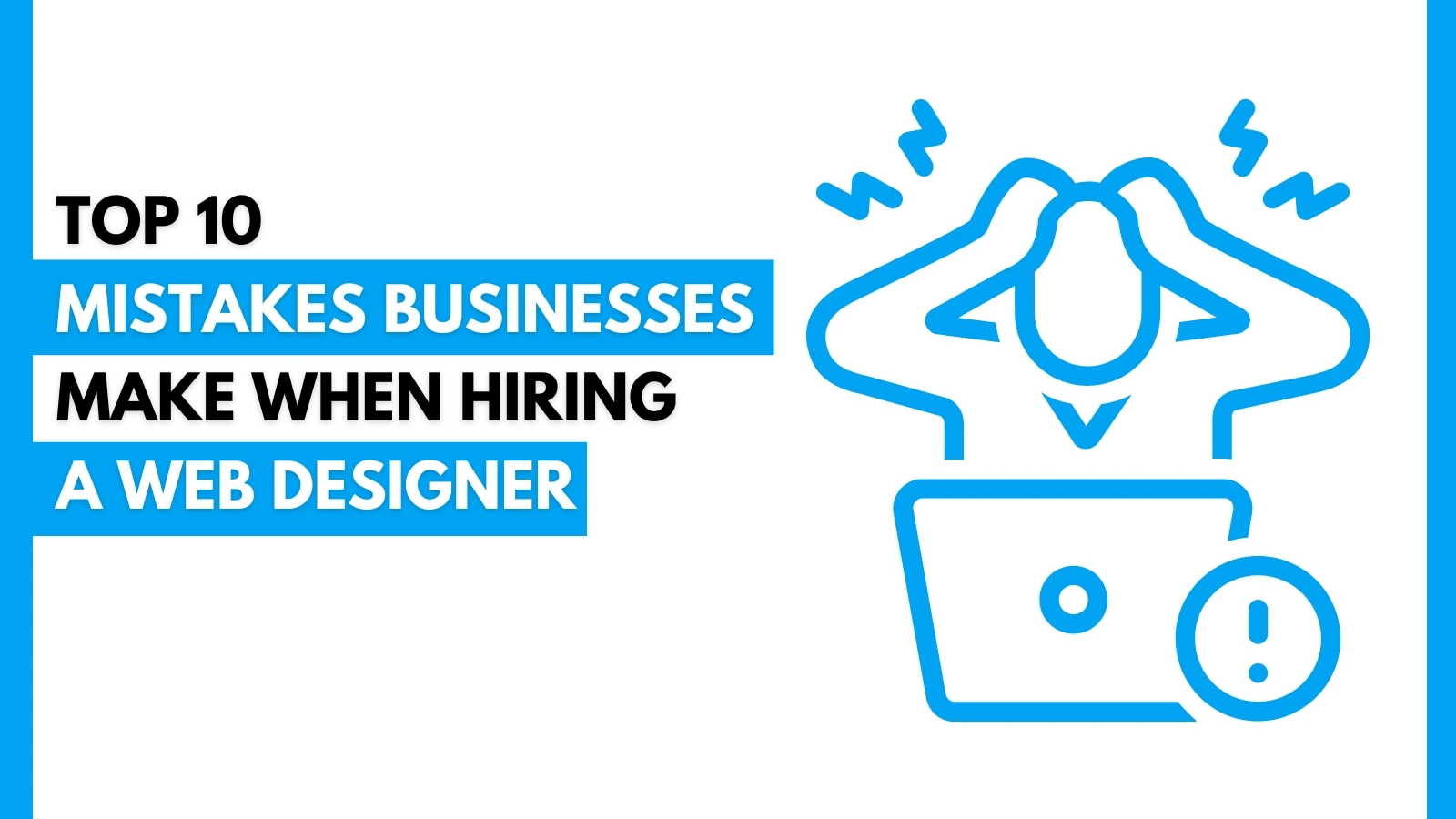

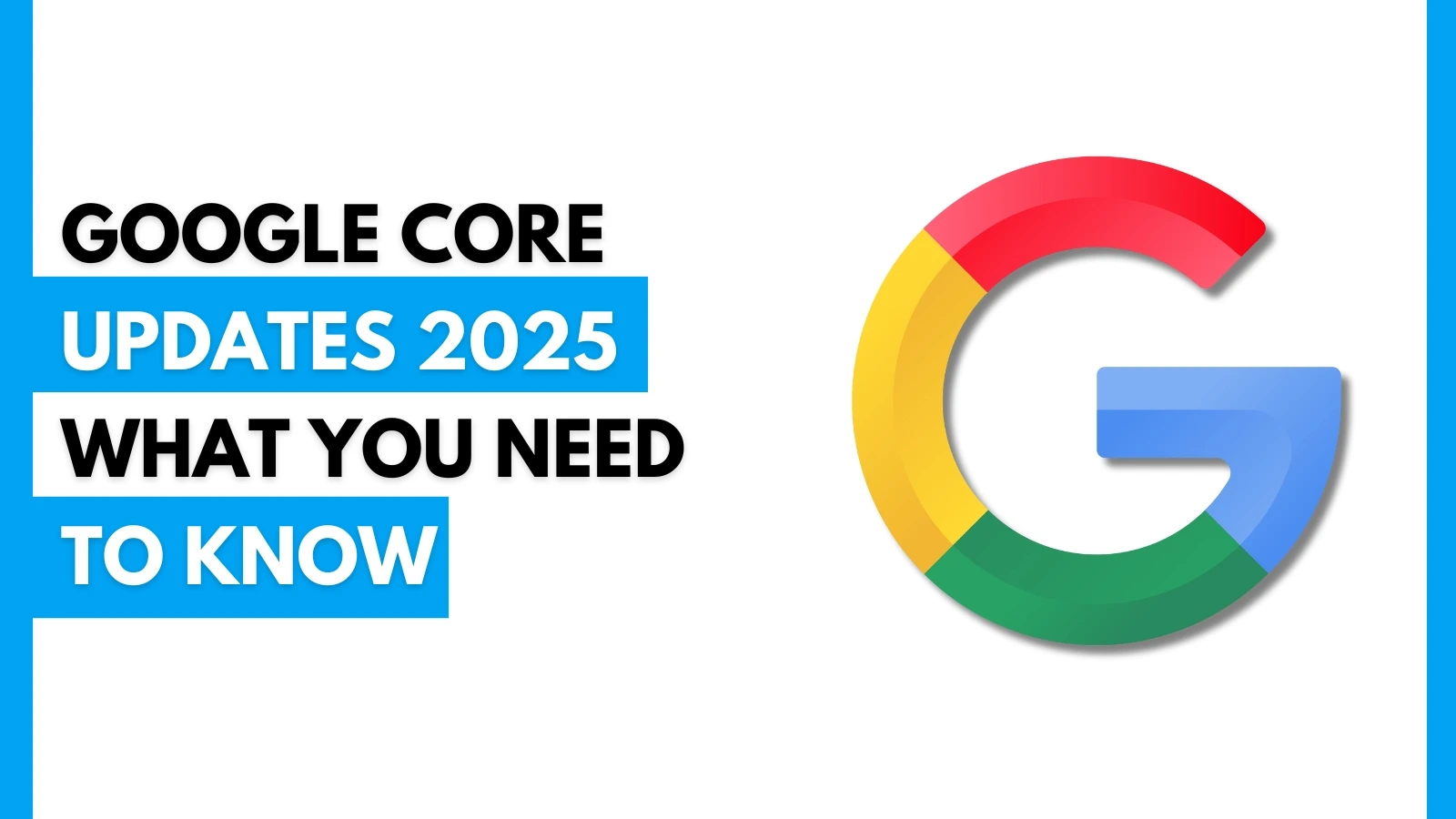
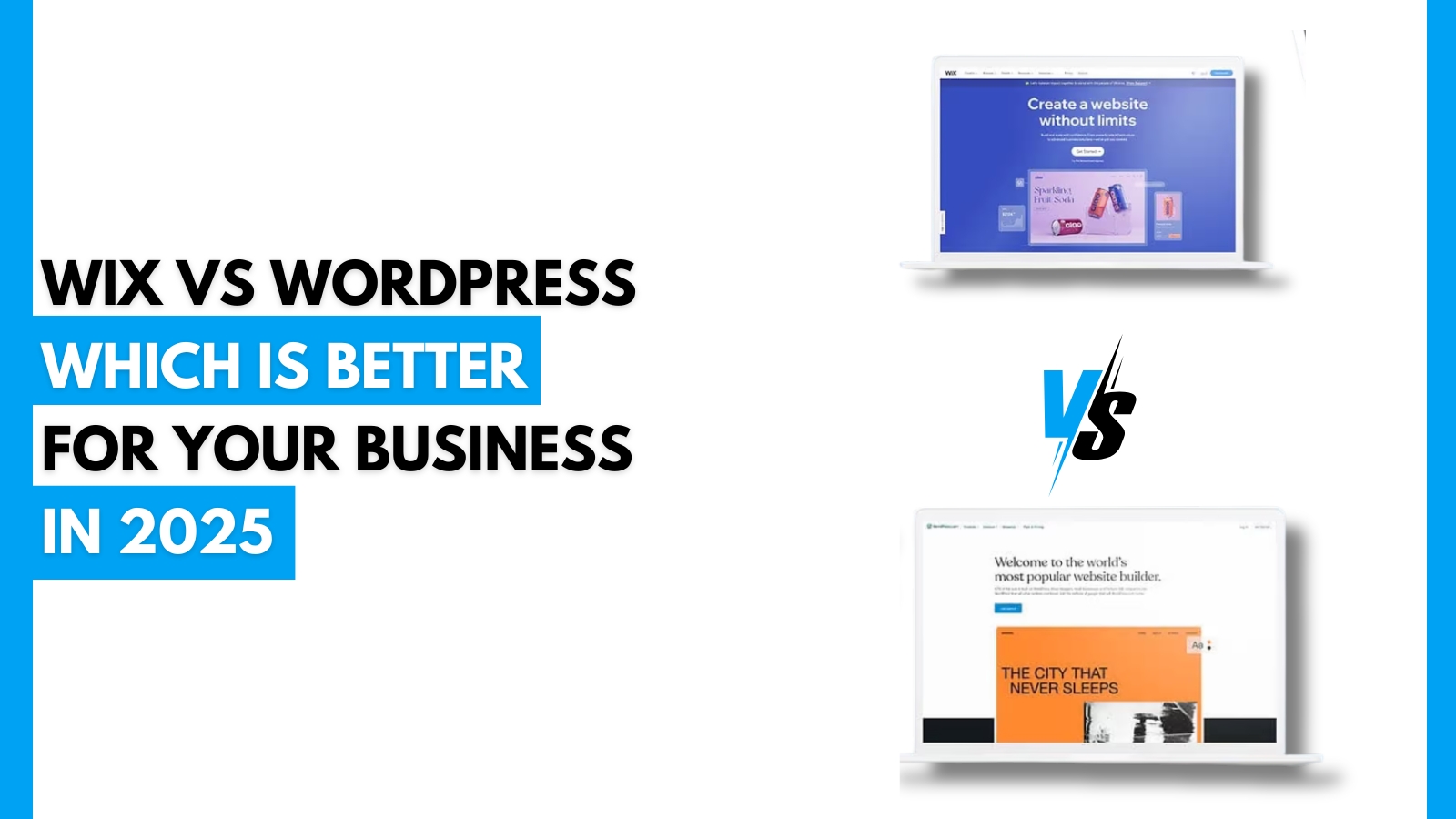




.webp)






















 A Complete Guide.webp)











































.jpg)










 Efficiently.jpg)
.jpg)
























.jpg)
.jpg)
























.jpg)


















.jpg)
.jpg)




























.webp)





.jpg)

















 Campaign.jpg)




.jpg)

.jpg)

.png)



.jpg)



.jpg)
.jpg)
.jpg)



.jpg)








.png)
.jpg)




.jpg)

.jpg)
.jpg)


.jpg)


.jpg)



.jpg)





















.jpg)














.png)





















.jpg)






.png)

.png)



.png)

.png)
.png)



.png)
.png)
.png)
.png)
.png)

.png)
.png)
.png)
.png)
.png)
.png)
.png)
.png)
.png)
.png)
.png)

.png)
.png)
.png)
.png)
.png)
.png)
.png)
.png)
.png)



.png)
.png)
.png)

.png)
.png)
.png)
.png)
.png)
.png)
.png)
.png)
.png)
.png)
.png)
.png)
.png)
.png)
.png)
.png)
.png)
.png)
.png)
.png)
.png)
.png)
.png)
.png)
.png)
.png)
.png)
.png)
.png)
.png)
.png)


.png)
.png)

.png)
.png)
.png)
.png)
.png)
.png)
.png)
.png)
.png)
.png)
.png)
.png)
.png)
.png)
.png)
.png)
.png)
.png)
.png)
.png)

.png)
.png)
.png)

.png)
.png)
.png)
 (1).png)
.png)
.png)
.png)
.png)
.png)
.png)
.png)
.png)

.png)

.png)
.png)
.png)
.png)
.png)
.png)
.png)

.png)
.png)
.png)
.png)
.png)
.png)
.png)
.png)
.png)
.png)
.png)
.png)
.png)
.png)
.png)
.png)


.png)
.png)
.png)
.png)
.png)
.png)
.png)

.png)
.png)
.png)
.png)
.png)
.png)
.png)
.png)
.png)

.png)
.png)

.png)
.png)
.png)

.png)
.png)
.png)

.png)
.png)
.png)
.png)
.png)
.png)
.png)
.png)
.png)
.png)
.png)
.png)
.png)
.png)
.png)
.png)
.png)
.png)
.png)